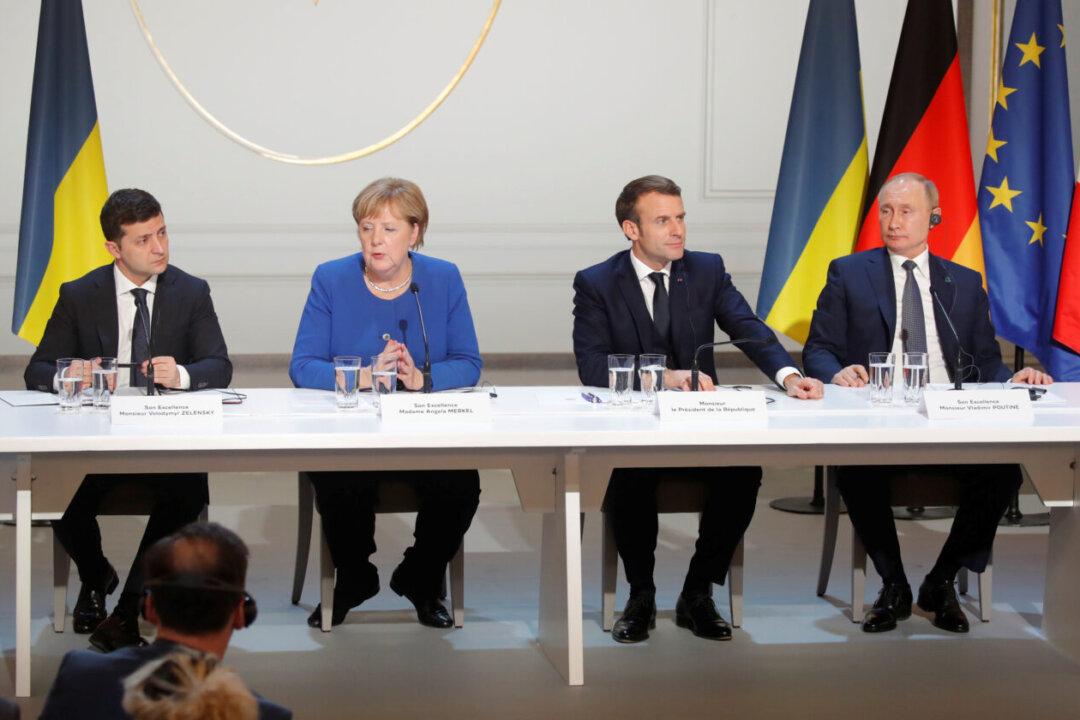On Dec. 9 the presidents of Russia and Ukraine convened in Paris for a summit to discuss a resolution of the war in the Donbas region in eastern Ukraine that started 5 years ago and has already claimed over 13,000 lives. The peace talks were facilitated by French President Emmanuel Macron and German Chancellor Angela Merkel.
Experts’ opinions about the results of the summit vary but most agree that some progress has been achieved. It was the first peace talks held in the Normandy Format since 2016. There were two ceasefire accords also called Minsk agreements negotiated in 2014 and 2015 but they either failed or their provisions were not implemented.





